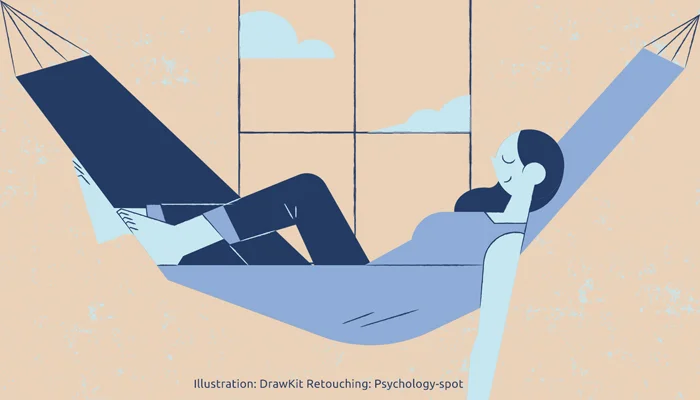
Sleep is essential. But it’s also important to do it right. During sleep we not only rest, but our body also regenerates. The brain, in particular, gets rid of waste substances from daytime metabolism while memorizing the day’s experiences and reducing their emotional impact so that we can wake up with a clear mind.
Understanding our sleep patterns is essential to rest properly. Now, researchers at Pennsylvania State University have noticed the existence of four types of sleep that are present in the vast majority of people.
The most widespread types of sleep
Researchers followed more than 3,600 adults for 10 years to analyze their sleep patterns, not only how much they slept but also the quality of their rest and their alertness during the day. Thus they were able to classify the dream into:
- Good sleepers. These are people who have ideal sleeping habits. They follow a regular sleep routine, going to bed and waking up at about the same time every day. They have a restful sleep, so they get to rest well and maintain a good level of alertness throughout the day.
- Weekend catch-up sleepers. They are people who have an irregular sleeping pattern: they usually sleep little during the week, but they try to compensate for this lack of sleep during the weekends or their days off, when they sleep more hours.
- Insomnia sleepers. These people do not sleep much or well, so they tend to be sleepy and tired during the day. They have trouble falling asleep when they put their head on the pillow or wake up in the middle of the night and can’t fall asleep.
- Nappers. These are people who sleep “well,” in the sense that they follow a fairly regular sleep schedule at night, but they tend to take naps during the day due to drowsiness.
More than half of the people analyzed had suboptimal sleep types, meaning they did not rest adequately. Furthermore, throughout the study period, the majority showed the same pattern, which indicates that when certain sleep habits become established and become part of our lifestyle, they are difficult to change and we may carry them over for years, with the consequences that this entails.
The problem is not only insomnia, but also long naps
Researchers found that people who suffered from insomnia were more likely to develop health problems such as diabetes, cardiovascular disease and depression, which is not surprising since a lack of sleep and rest ends up taking a toll on our brain.
Although almost everyone knows that insomnia can cause long-term health problems, the study also noted that people who frequently napped were also more likely to develop such conditions, although less likely than those who suffered from insomnia.
How is it possible? The truth is that taking multiple naps or sleeping a lot during the day could be masking difficulty sleeping. Those naps could be a sign of an underlying problem, such as not getting enough sleep or poor quality sleep at night. For this reason, if you notice that you need to take a nap lately because you feel more tired or sleepier than before, it is likely that something is happening to you that prevents you from getting a good night’s rest, so you should pay attention to it.
Likewise, those who “catch up” on sleep on weekends or on their days off should rethink their rest habits since it is not an optimal routine. Staying up late for work or family obligations is common, but then we simply can’t “catch up” on sleep. Irregular sleep patterns also end up taking a toll on our health because they alter our circadian rhythm and metabolic balance.
Therefore, the ideal is to be able to sleep around eight hours each night. We should go to bed and get up at around the same time every day, so that our brain can regenerate and help our body follow a stable routine.
To achieve that deep and restful sleep, we can establish a relaxation routine before going to bed that helps us disconnect: we can take a hot bath, read, meditate or listen to relaxing music. And we should also avoid working or studying until bedtime, as well as watching television or using our cell phone in bed. That being said, sweet dreams everyone!
Source:
Lee, S. et. Al. (2024) 10-year Stability of an Insomnia Sleeper Phenotype and Its Association with Chronic Conditions. Psychosomatic Medicine: 10.1097.




Leave a Reply